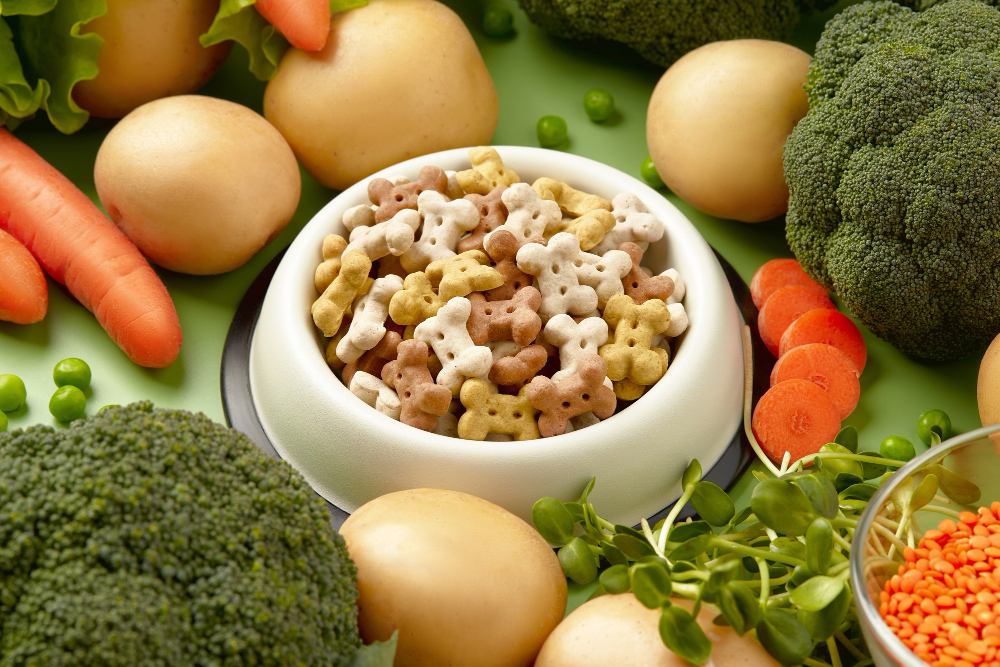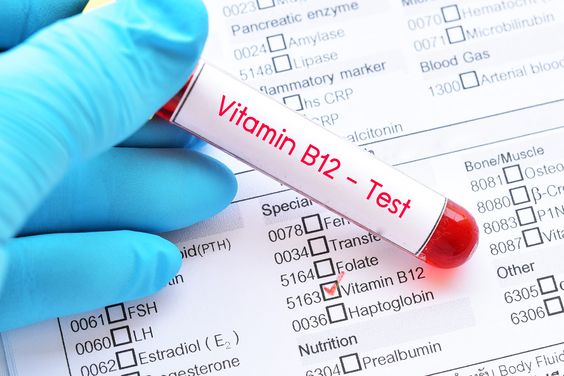Understanding the Nutritional Labels on Vegetarian Dog Food

Strong 8k brings an ultra-HD IPTV experience to your living room and your pocket.
Why Reading the Nutritional Labels on Vegetarian Dog Food Matters
Choosing the right kind of food for your dog is a responsible task of pet ownership. If one decides to put his or her dog on a vegetarian diet, then reading the nutritional labels of the food products becomes even more important. Nutritional labels describe the ingredients used, nutrients included, and other benefits of food, ensuring a well-balanced diet for the furry friend. Decoding such labels helps a person make wise decisions and offer the best possible nutrition to their pet.
Breaking Down the Ingredients List on Vegetarian Dog Food
The first step in understanding a nutritional label is examining the ingredients list. Ingredients are listed in descending order by weight, meaning the primary ingredient will appear first. In vegetarian dog food, you will often see plant-based protein sources such as lentils, chickpeas, quinoa, and soy. Additional vegetables, like carrots, peas, and sweet potatoes, will provide fiber and necessary vitamins. Understanding these ingredients will help you identify whether the food meets your dog's dietary needs.
Understanding Protein Sources in Vegetarian Dog Food
The first ingredient of most dog food for vegetarians will be a type of protein because it is the one component where an animal cannot possibly replace plant material. Instead, dog foods often substitute high-quality sources like pea protein, soybean meal, or rice protein to create enough amino acids that allow your dog's muscles to grow strong and healthy. Look at the back of any bag to determine what kind of protein your dog food has inside and what that might mean for their protein levels.
Deciphering the Guaranteed Analysis on Vegetarian Dog Food
The guaranteed analysis section of the label provides information about the food's nutrient content, including protein, fat, fiber, and moisture percentages. This section will help you compare different brands of vegetarian dog food to find the most nutritious option. Look for a balanced ratio of protein and fat, along with adequate fiber to support digestion. If your dog has special dietary requirements, such as weight management or food sensitivities, this chapter will help you make the appropriate formula selection.
Nutrients Your Vegetarian Dog Food Should Provide
A properly formulated vegetarian dog food should include all the necessary vitamins and minerals to maintain the overall health of your dog. The following nutrients are important for your dog:
- Vitamin B12 – Required for nerve function and energy metabolism.
- Taurine – Crucial for maintaining heart health and vision.
- Omega-3 and Omega-6 Fatty Acids – Ensure skin and coat health.
- Calcium and Phosphorus – Reinforces bone and tooth strength.
These are typically supplemented with fortified ingredients to cover the lack of those found in meat-based diets.
How to Check for Artificial Additives in Vegetarian Dog Food
While some preservatives and additives must be added to maintain freshness, too much artificial coloring, taste, and preservative is bad. When reading the label, avoid ingredients like BHA, BHT, and ethoxyquin because they have been found to cause long-term health problems. Instead, look for vegetarian dog food that contains natural preservatives such as tocopherols (vitamin E) and ascorbic acid (vitamin C) to preserve its quality.
Analysis of ingredient levels of vegetarian dog food
Just like humans, dogs need to have a given number of calories per day that depends on age, weight, and activity levels. The nutrient label contains calories, which most of the time is in terms of kilocalories (kcal) per cup or kilogram. A caloric amount helps in feeding your dog as not to feed him too much or too little. A good vegetarian dog food will give the right amount of energy to your dog to ensure he stays lively and healthy.
Compare Dry vs. Wet Vegetarian Dog Food
Nutrition labels also help you choose between the dry and the wet food for your vegetarian dog. Generally, dry food has higher protein contents and lower water content, making it more calorie-dense. Wet food, however, has high water content, which will be beneficial in hydrating your pet but may require large serving sizes to match nutritional intake. This will ensure that your dog is getting the right balance in what you give them.
Recognizing Certifications and Quality Standards on Vegetarian Dog Food
There are many good pet food companies that obtain these certifications to ensure their products meet certain quality standards. Some labels to look for include:
- AAFCO (Association of American Feed Control Officials) Approval – It indicates that the food meets minimum nutritional requirements for dogs.
- Organic Certification – This ensures that the ingredients are pesticide-free, synthetic-free, and generally of higher quality.
- Non-GMO Certification – A guarantee that the food does not contain genetically modified organisms.
Such certifications can guide you in picking reliable vegetarian dog food brands where your pet's health and safety come first.
Understanding Special Diet Formulations of Vegetarian Dog Food
Some dogs have particular needs, so they require special vegetarian dog food. Usually, the label indicates if the food is for special conditions like:
- Weight Management – Lower in fat and calories to help maintain a healthy weight.
- Sensitive Stomach and Allergies – Free from common allergens like soy, wheat, and corn.
- Senior Dog Nutrition – Contains joint-supporting nutrients such as glucosamine and chondroitin.
By reading the nutritional labels carefully, you can choose the best vegetarian dog food for your pet's specific needs.
Conclusion: Making Informed Choices with Vegetarian Dog Food
Understanding nutritional labels on vegetarian dog food empowers you to make the best choices for your pet’s diet. By analyzing ingredients, protein sources, vitamins, and quality certifications, you ensure that your dog receives balanced nutrition. Always take the time to compare labels and select food that aligns with your dog’s health requirements. A well-informed pet parent makes a happy and healthy dog!
Note: IndiBlogHub features both user-submitted and editorial content. We do not verify third-party contributions. Read our Disclaimer and Privacy Policyfor details.







